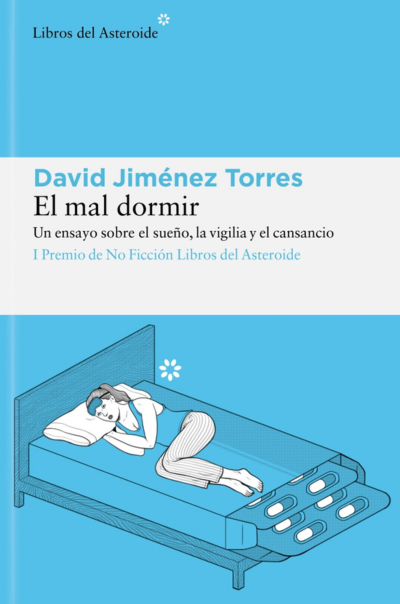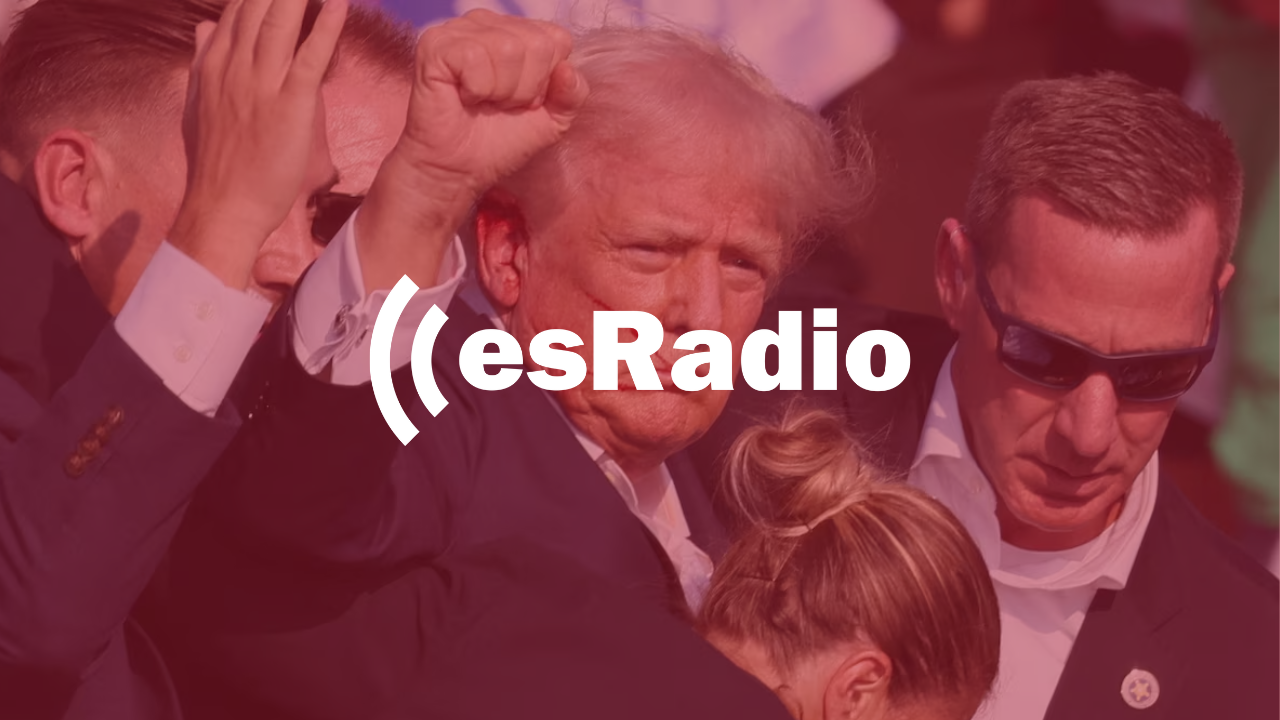Periods of economic crisis are a breeding ground for all sorts of populist ideas, often ideas that had been discarded in the past due to their dire practical implications. During the turbulent first half of the twentieth century, economic measures from interventionist doctrines became widespread, plunging many developed or developing societies into poverty.
The rise to power – whether through violence or democracy – of the proponents of these ideologies was always framed with the supposed will of the “oppressed”. Interventionism in all its manifestations (communism, national socialism or fascism) found amongst the most disadvantaged classes the reaction engine it needed to push these social changes.
One of the first measures adopted by these regimes, direct descendants of the theories of Marx and Engels, was price regulation. The theory of objective value and surplus value, promulgated and defended by bourgeois intellectuals, enjoyed a rapid social impact amongst the proletariat. Firstly, because it is human nature to look to blame others for one’s own situation. And secondly, although the scientific basis of these theories could be conceptually complex, the conclusions were really rather easy to transfer.
As a result of the COVID-19 crisis, we are seeing how the Spanish government is implementing maximum price regulations under threat of expropriation and goods seizure. This is of course being applied most stringently to the healthcare products which are so vital to handling the current emergency.
Emotionally, this policy furthers a particular line of thought: there is a sort of moral obligation on the part of the Executive to punish those commercialising these basic necessities with the intention of profiting from the suffering of others.
However, this line of thought betrays the overly simplistic argument of the theory behind it. That theory is, essentially, that the price of the masks in the pre-crisis situation was calculated in P, and that if, once the period of demand stress has been reached, it rises to P + 1. As result, an illegitimate surplus value seems to be emerging for the businessman, who is benefiting from healthcare needs.
However, this thesis lacks any economic validity. Suppose that, in a normal scenario, the demand for masks was 10,000 units per day at a price P.
As the crisis erupts, demand shoots up to, say, 100,000 units a day, whilst the unit price of raw materials and electricity remains neutral. The owner of the factory producing healthcare products has to face ten times the demand with the same facilities with limited productive capacity. Its adaptation period is counted in hours.
«Only the fool confuses value and price»
The business owner, in this situation, needs to hire additional personnel, overwork machinery (thus shortening its useful life), organise the logistical distribution of the masks, and keep to budgetary requirements in order to continue sourcing the raw materials necessary for production.
It seems logical that, faced with a significant but unforeseen increase in demand, prices rise to P + 1, given the higher direct and indirect costs that mask producers have had to incur to adjust to this scenario. But this is not the heart of the problem, as some socialists may even accept this price increase in view of the higher “objective” costs in the manufacturing process.
What if the manufacturer, faced with the enormous demand for masks, decides to raise its price to P + 2 and still manages to sell them all? Interventionists would oppose it, arguing that the businessman is profiting from the increase in costs derived from the higher demand. For the interventionist, it is at is this moment – at the very latest –that the government should seize the goods. The Executive in Spain, for example, has already seized hundreds of thousands of masks from various factories during the first week of the state of alarm.
This seizure, far from being an act of justice for the most disadvantaged, creates the conditions for a scenario of widespread shortages. Mask manufacturers, for fear of having their products seized, will begin to cut production, trying to minimise potential losses. In other cases, there may be an increase in the stock of this merchandise for its subsequent sale at a higher price, or to export them.
However, the principal moral criticism for this state intervention in pricing should not be focused here. The point on which the liberal opposition must focus, far from utilitarianism, is the subjectivity of the value of goods.
A product has a different value to each individual, and the market price is that which benefits both society and business owners the most. First, because society is willing, in sufficient numbers, to buy this product. And secondly, because it will provide the necessary benefits to continue developing this activity and, consequently, satisfying social demand.
Antonio Machado, apart from offering us some of the most beautiful poems in the Spanish language, left us a famous quote applicable not only to the economy, but to society in general: “Only a fool confuses value and price.”
Mask prices will increase or decrease depending on their supply and demand, so as to achieve the greatest benefit for society in general. Setting a price ceiling on these goods does not change the value that people attribute to it. Therefore, a maximum price below the market’s price will cause a collapse in demand, and provide an incentive to decrease supply.
The solution to the lack of medical equipment does not lie in sustained attacks on the free market, but in its rapid adaptation to cover the enormous needs that the system currently faces. The best public aid at the moment is to lower the tax burden, to reduce production costs, and to buy healthcare products at market prices in order to guarantee their supply.






